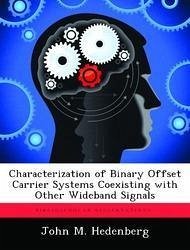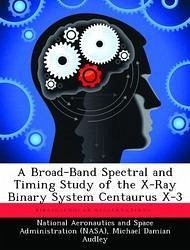
Characterization of Binary Offset Carrier Systems Coexisting with Other Wideband Signals
Versandkostenfrei!
Versandfertig in über 4 Wochen
53,99 €
inkl. MwSt.

PAYBACK Punkte
27 °P sammeln!
Results for the modeling, simulation, and analysis of interference effects that modern wideband signals have on Binary Offset Carrier (BOC) system performance are presented. In particular, BOC performance is characterized using a basic system model and parameters consistent with those of the Global Positioning System (GPS) Military System (M-Code signal). Three modern wideband signals are addressed in this work as potential interferers. These include the direct sequence spread spectrum (DSSS) GPS clear/acquisition code (C/A-Code) signal, the DSSS GPS precision code (P-Code) signal, and an Orth...
Results for the modeling, simulation, and analysis of interference effects that modern wideband signals have on Binary Offset Carrier (BOC) system performance are presented. In particular, BOC performance is characterized using a basic system model and parameters consistent with those of the Global Positioning System (GPS) Military System (M-Code signal). Three modern wideband signals are addressed in this work as potential interferers. These include the direct sequence spread spectrum (DSSS) GPS clear/acquisition code (C/A-Code) signal, the DSSS GPS precision code (P-Code) signal, and an Orthogonal Frequency Division Multiplexed (OFDM) signal, which are all modeled to spectrally coexist within the same bandwidth as the M-Code signal.














